Tribal conflicts in Pakistan's northwest have claimed the lives of at least 11 individuals, according to a local official.
After a gunshot between opposing tribes left two persons badly injured, tensions in Khyber Pakhtunkhwa province's Kurram area increased. The shooting's reason was not immediately apparent.
Additional casualties resulted from vehicles being attacked in several districts, said to senior official Javedullah Khan. Khan stated that steps were being taken to re-establish peace in the area and safeguard transport routes. Children were among the injured, and they were brought to the hospital.
Pir Haider Ali Shah, a former parliamentarian and a member of a tribal council, said elders had arrived in Kurram to mediate a peace agreement between the tribes. He said: “The recent firing incidents are regrettable and have hampered efforts for lasting peace.”
Last month, at least 25 people were killed in several days of clashes between armed Shia and Sunni Muslims over a land dispute. Although both groups live together largely peacefully in Pakistan, tensions have existed for decades in some areas, especially in Kurram, where Shia Muslims dominate in parts of the district.
Also on Saturday, a separatist group in the south-west of Pakistan claimed responsibility for an attack that killed 21 people. The Baloch Liberation Army (BLA) said its fighters targeted a coalmine in Duki district on Thursday night with heavy weapons, rocket launchers and grenades.
The BLA gave higher figures of 30 dead and 18 injured. It also said Pakistani security personnel were disguised as workers, without giving evidence, and threatened more assaults unless the military withdrew from the province.
Balochistan is home to several groups that demand independence from the federal government, accusing it of exploiting the oil- and mineral-rich province at the expense of local people.

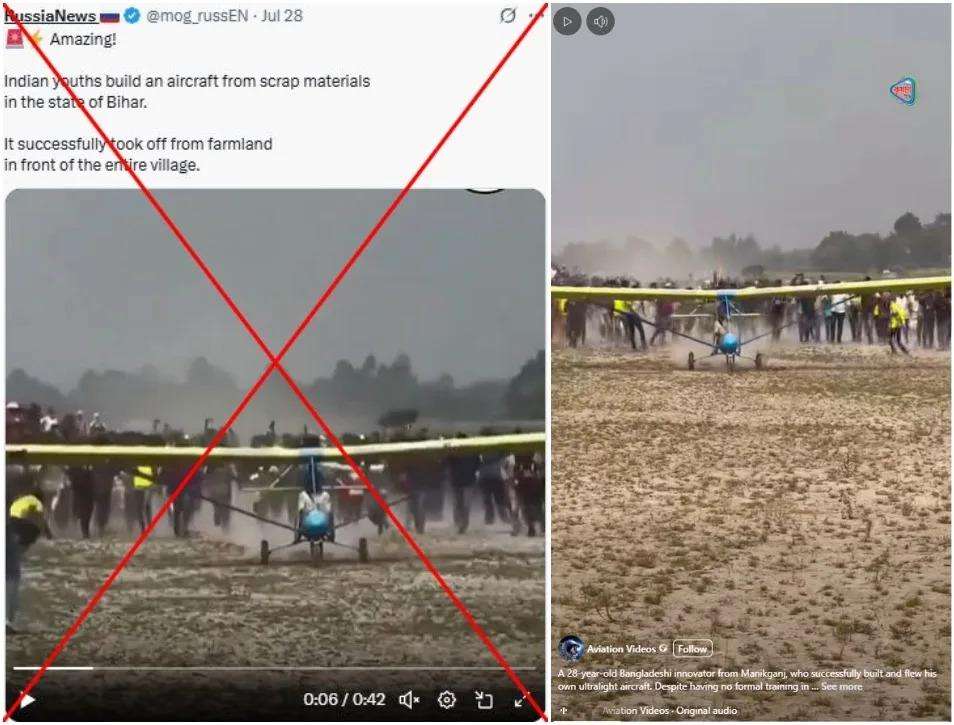

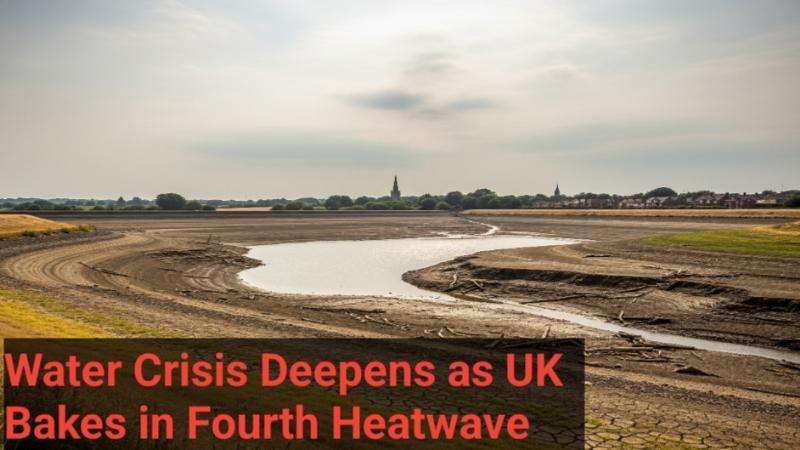
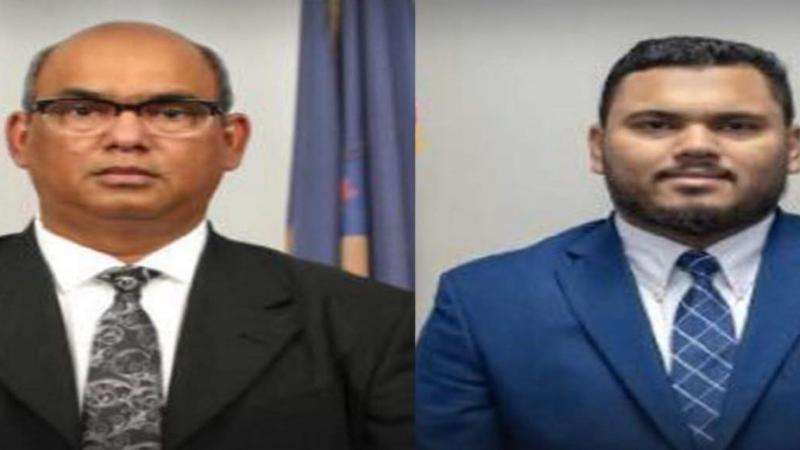


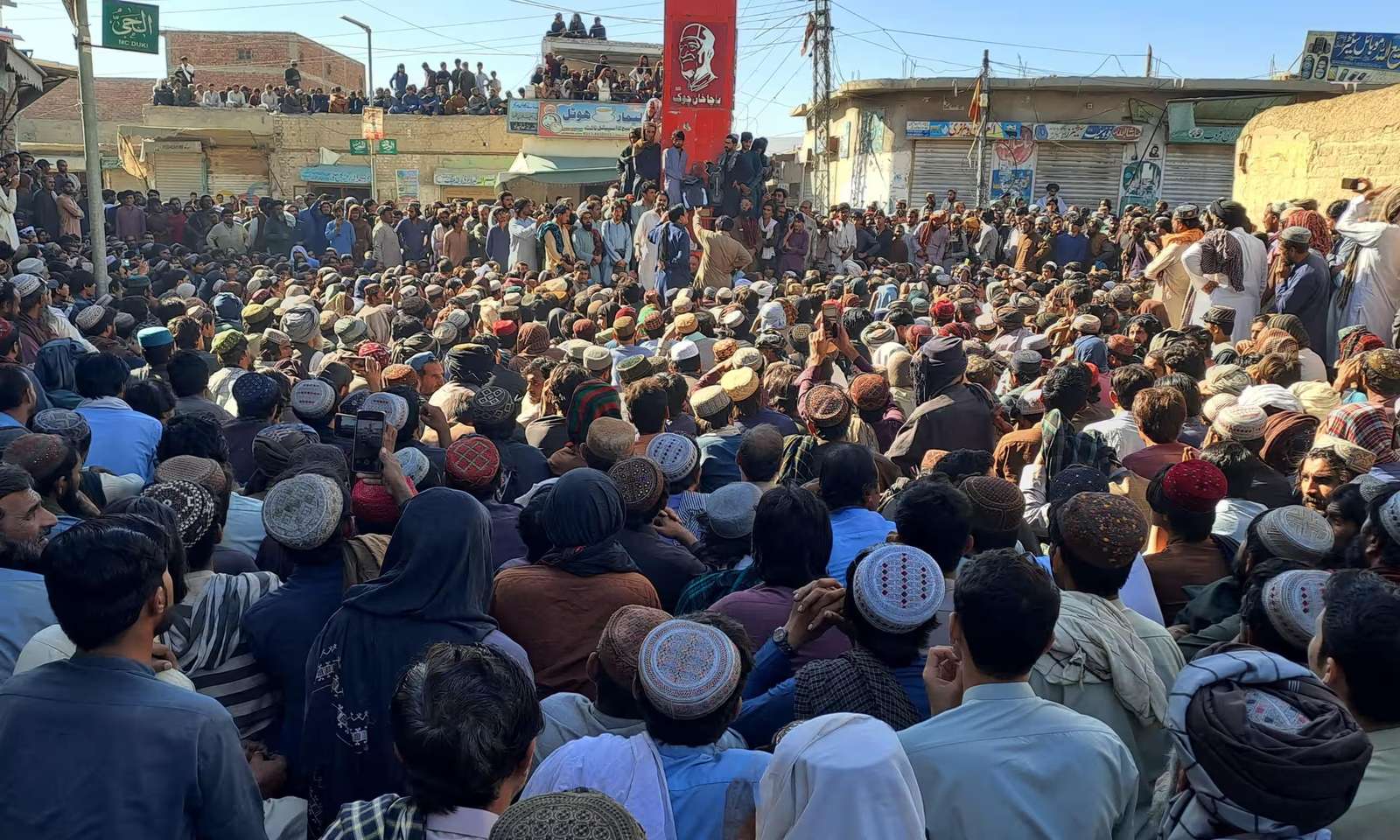
.svg)


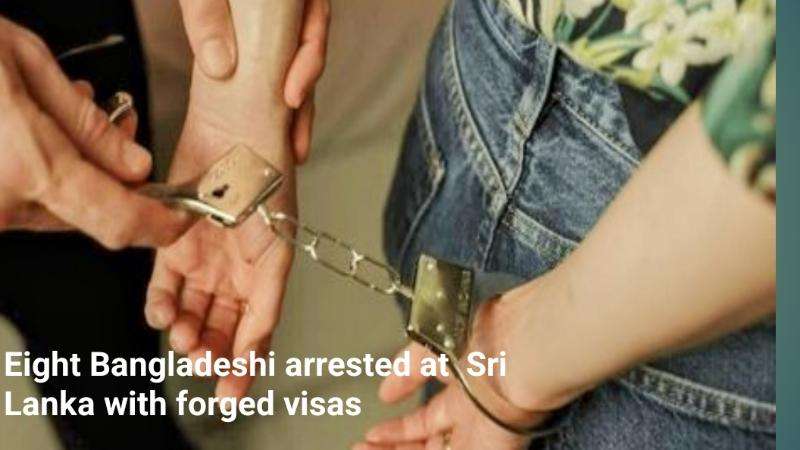
_1.jpg)